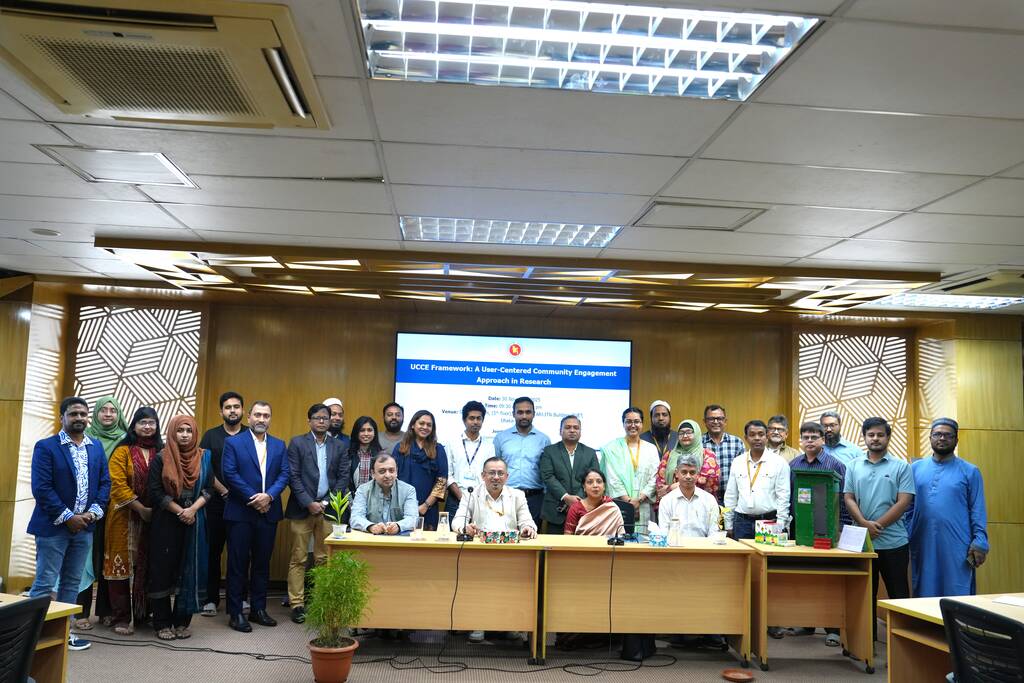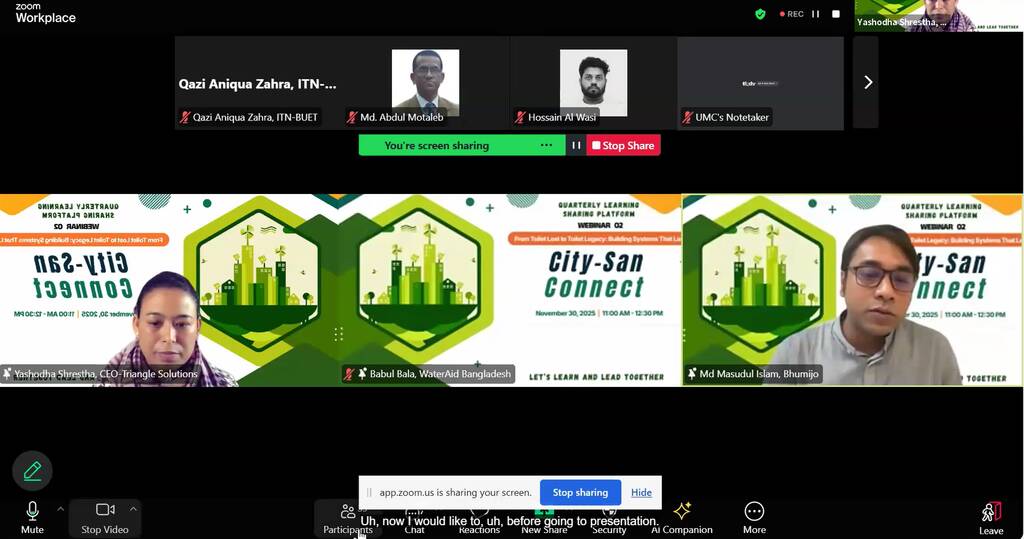Access to safe water, sanitation, and hygiene (WASH) services is essential for everyone, with gender roles and relations significantly impacting access to WASH knowledge and practices. To increase understanding of gender mainstreaming in WASH services, ITN-BUET, in partnership with the CWIS-FSM Support Cell and DPHE, organised a training for municipality personnel from 18 to 20 May 2024. The training, titled “Gender Inclusion in WASH Services,” also offered a day-long exposure visit to a Faecal Sludge Treatment Plant in Faridpur municipality.
29 officials, including 14 women, from Cumilla City Corporation and the municipalities of Lakshmipur, Natore, Pabna, and Sirajganj participated in the training. The attendees included Panel Mayors, Ward Councillors, Executive Engineers, Social Development Officers, and Waste Management Officers.
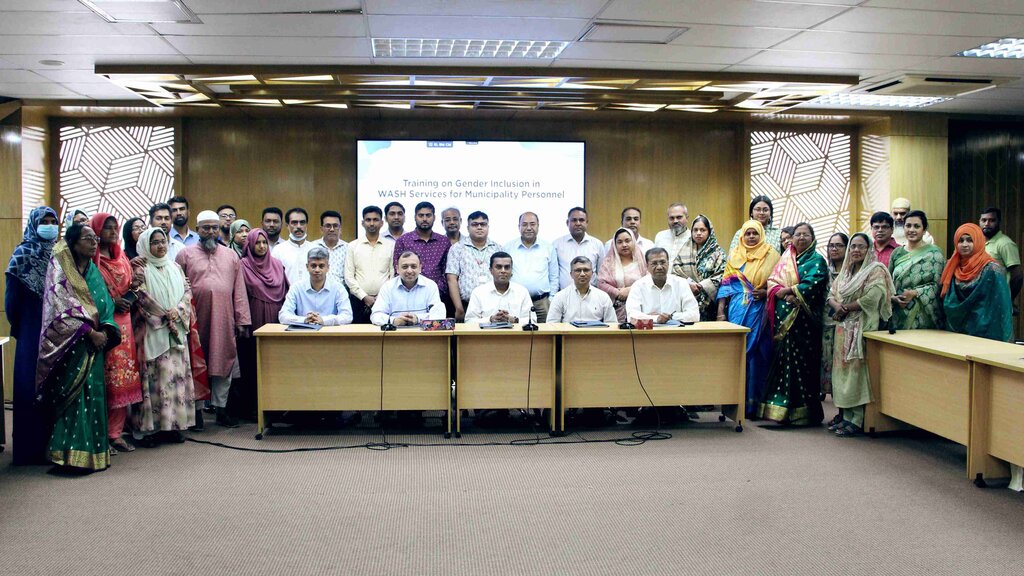
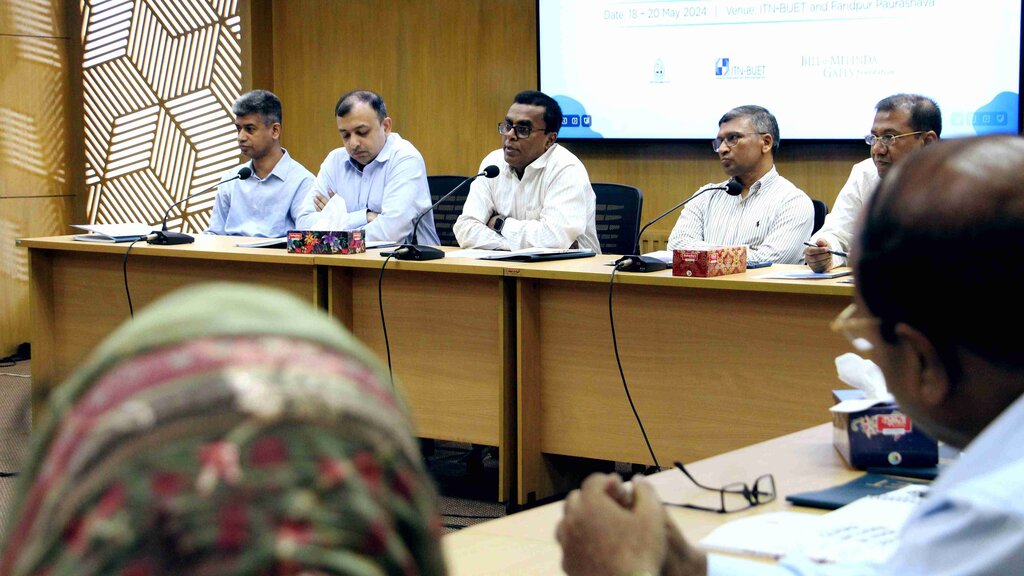
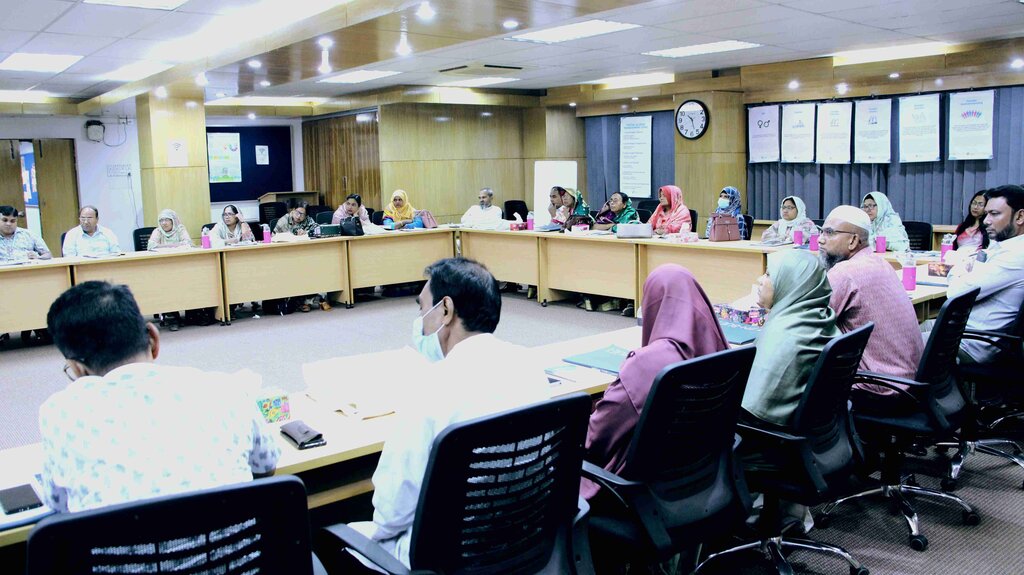
Despite efforts by government agencies to provide safe water, sanitation, and waste management services for all, integrating gender considerations into municipal operations remains challenging. To tackle this issue, the training program was designed based on the ‘Training Manual on Gender Inclusion in WASH Services for Municipal Personnel,’ developed by ITN-BUET and the CWIS-FSM Support Cell, DPHE.
At the inauguration of the training, the Chief Engineer of DPHE, Mr Tushar Mohon Shadhu Khan, attended as the chief guest. He emphasised that the gender perspective had previously been overlooked in WASH programming. However, with a renewed focus, the importance of this crucial issue can no longer be denied.
Director of ITN-BUET, Dr Tanvir Ahmed, highlighted that overlooking gender considerations in the design of WASH services is a fundamental flaw that leads to significant disparities.
CWIS-FSM support cell’s Co-Chair Md Shafiqul Hassan and Chief Operating Officer Dr Abdullah Al-Muyeed were also present as special guests. They emphasised the crucial need for understanding the gender perspectives and integrating this knowledge into the work scope of municipality personnel for WASH services.
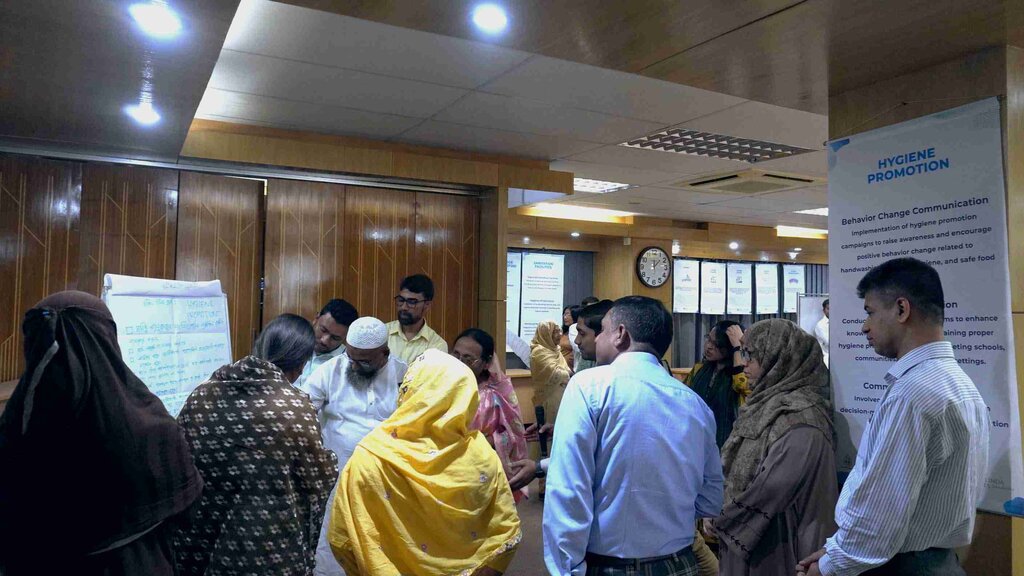
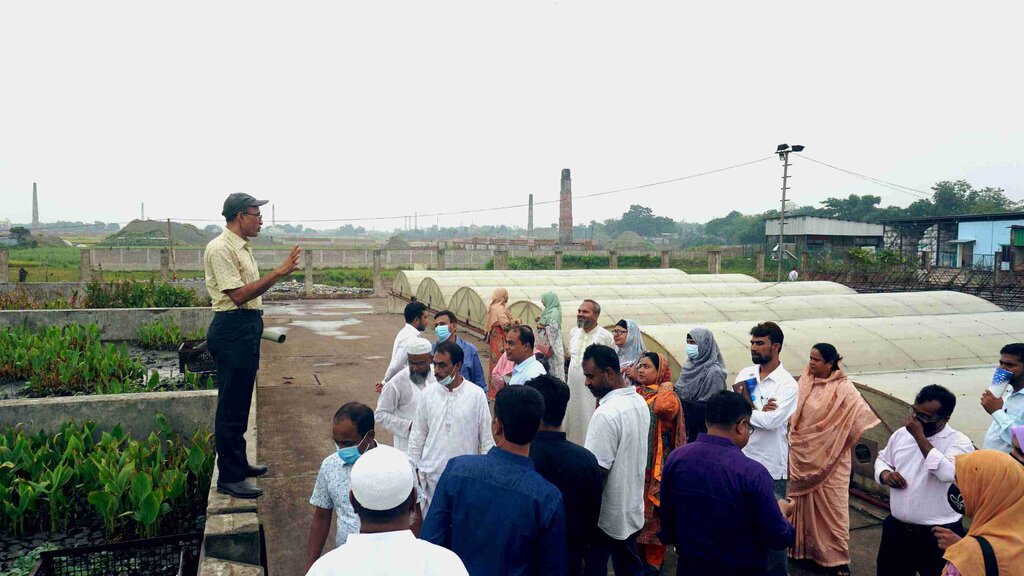
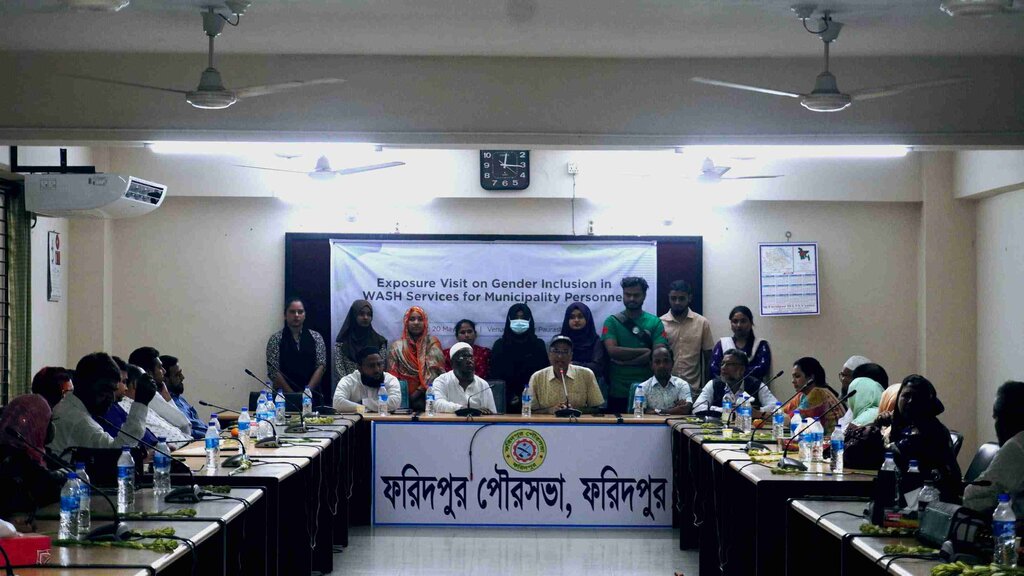
The training covered fundamental concepts such as gender mainstreaming, diversity, and social inclusion, alongside discussions on gender equality and inclusion in WASH Services, gender transformative WASH, and gender-sensitive monitoring indicators. It aimed to address the needs of vulnerable and marginalized groups while ensuring the implementation of national policies and regulations supporting gender equality.
Following the two-day training sessions, participants visited Faridpur municipality, where they witnessed gender-inclusive best practices on inclusive sanitation and engaged in meaningful interactions with the local communities. The Mayor of Faridpur municipality, Mr Amitave Bose, demonstrated his leadership role and shared experience on gender-focused initiatives for sanitation and FSM.
The training equipped municipal officials with the knowledge to assess the diverse needs and constraints of various groups and provided effective approaches to address gender inequalities in accessing WASH services. As a result, the municipality personnel have developed gender action plans for their cities and expressed commitment to implementing these activities.



